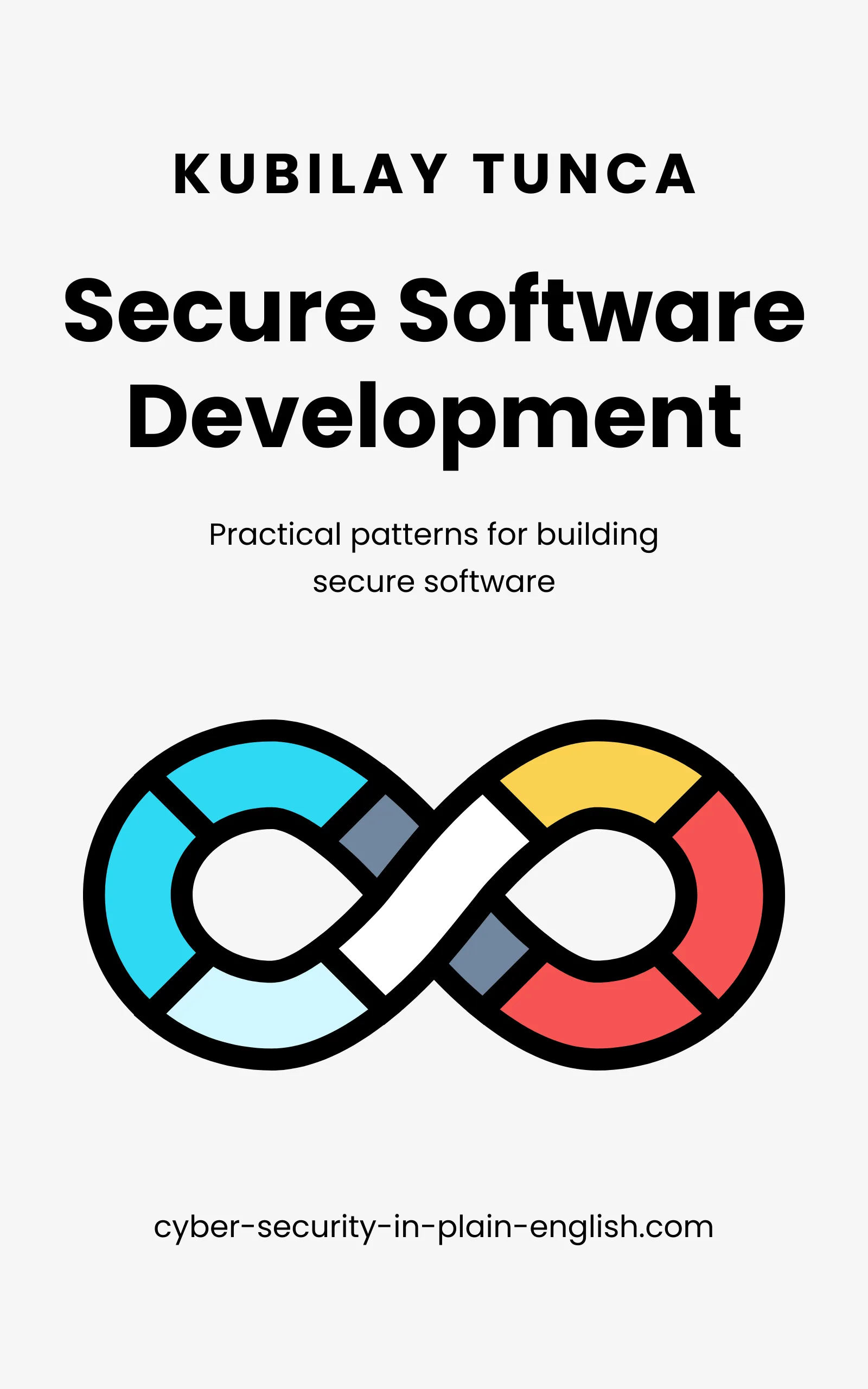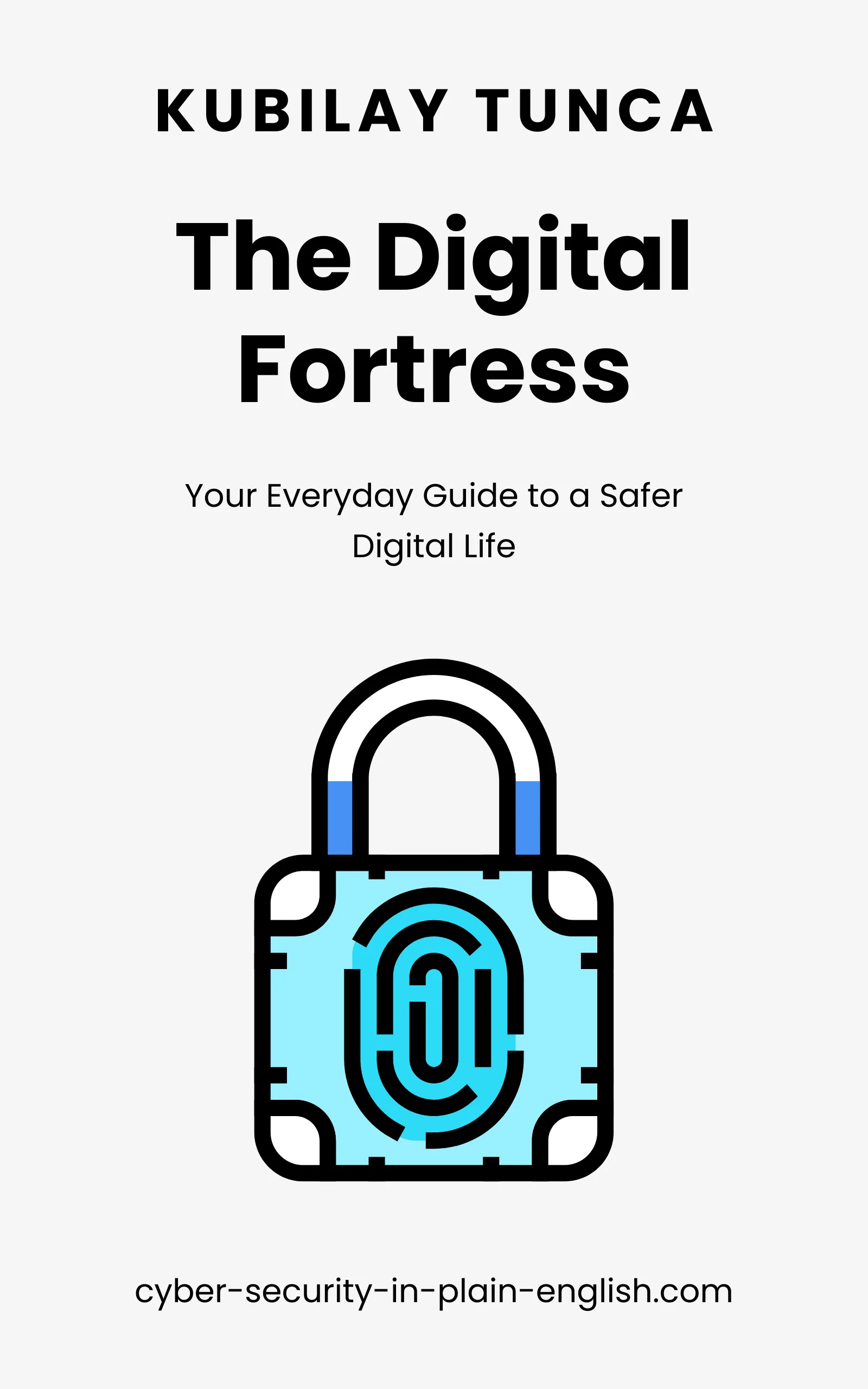Published
- 6 min read
How to Hide Your IP Address: VPNs, Proxies, and More

How to Write, Ship, and Maintain Code Without Shipping Vulnerabilities
A hands-on security guide for developers and IT professionals who ship real software. Build, deploy, and maintain secure systems without slowing down or drowning in theory.
Buy the book now
Practical Digital Survival for Whistleblowers, Journalists, and Activists
A practical guide to digital anonymity for people who can’t afford to be identified. Designed for whistleblowers, journalists, and activists operating under real-world risk.
Buy the book now
The Digital Fortress: How to Stay Safe Online
A simple, no-jargon guide to protecting your digital life from everyday threats. Learn how to secure your accounts, devices, and privacy with practical steps anyone can follow.
Buy the book nowHow to Hide Your IP Address: VPNs, Proxies, and More
Introduction
Your IP address is a unique identifier assigned to your device every time you connect to the internet. It reveals information about your approximate location and can be used by websites, advertisers, and even hackers to track your online activity. If you’re concerned about online privacy, hiding your IP address is a simple but effective way to protect your identity. This article explains why you might want to hide your IP address and provides practical tools and techniques to help you do so.
Why Hide Your IP Address?
Hiding your IP address has several benefits, particularly for those who value privacy and security. Here’s why it matters:
- Enhanced Privacy: By masking your IP, you prevent websites, advertisers, and trackers from pinpointing your exact location and monitoring your activity.
- Bypass Geo-Restrictions: Some websites and streaming platforms restrict content based on location. Hiding your IP allows you to access content as if you were in another region.
- Protection from Tracking: Masking your IP address makes it more difficult for third parties to create a profile of your browsing habits.
- Added Security on Public Wi-Fi: Public Wi-Fi networks are often unsecured, making it easier for hackers to intercept data. By hiding your IP, you reduce exposure to potential attackers on public networks.
Methods for Hiding Your IP Address
There are several ways to hide your IP address, each offering different levels of privacy and security. Here are some of the most popular options:
1. VPN (Virtual Private Network)
A VPN is one of the most effective tools for hiding your IP address. When you use a VPN, your internet traffic is routed through a remote server, which assigns you a new IP address. This masks your original IP and encrypts your internet connection, adding a strong layer of privacy and security.
VPNs are ideal for general browsing, accessing geo-restricted content, and protecting yourself on public Wi-Fi. Reputable VPN services, such as ExpressVPN, NordVPN, and CyberGhost, offer a range of servers worldwide and strong encryption standards.
Why It’s Effective: VPNs provide both anonymity and security by hiding your IP and encrypting your data. They are versatile and suitable for most online activities.
2. Proxy Servers
Proxy servers act as intermediaries between your device and the internet. When you connect to a proxy, your IP address is hidden, and the proxy server’s IP is shown instead. Proxies don’t encrypt your data, so they are less secure than VPNs but can still provide a basic level of anonymity.
There are different types of proxies, including HTTP proxies for web browsing and SOCKS proxies for other types of internet traffic. Proxies are useful for bypassing simple restrictions, but they don’t provide the same level of privacy as a VPN.
Why It’s Effective: Proxies are quick and easy to set up, making them a good option for temporary or light-use anonymity. However, they don’t offer the encryption that VPNs do.
3. Tor Network
The Tor network is designed for privacy-focused users who need strong anonymity. Tor routes your internet traffic through multiple volunteer-operated servers (nodes) worldwide, making it very difficult to trace your activity back to your IP address. Using the Tor Browser, you can browse the internet anonymously with robust privacy protections.
While Tor is highly effective for maintaining anonymity, it can be slower than other methods due to multiple layers of encryption. It’s often used by journalists, activists, and anyone who needs a high level of privacy.
Why It’s Effective: Tor provides strong anonymity by bouncing your data across multiple nodes. It’s suitable for those who prioritize privacy over browsing speed.
4. Public Wi-Fi
While not as reliable as other methods, using public Wi-Fi can temporarily mask your IP address. When you connect to a public Wi-Fi network, you’re assigned a new IP address by the network, making it harder to trace your location. However, public Wi-Fi networks are generally less secure and can expose you to other risks, like hacking or data interception.
If you need to use public Wi-Fi, consider combining it with a VPN to add a layer of encryption, which improves security and keeps your browsing more private.
Why It’s Effective: Public Wi-Fi provides a temporary IP change, but it’s less secure. It should be used with caution and ideally paired with a VPN.
5. Smart DNS
A Smart DNS service changes your DNS (Domain Name System) settings, which can make it appear as if you’re browsing from a different location. Smart DNS services are often used to access region-locked content, like streaming services, without changing your IP address completely. Unlike VPNs, Smart DNS services don’t encrypt your data, so they don’t offer added security.
Why It’s Effective: Smart DNS is useful for bypassing geo-restrictions, but it doesn’t hide your IP or add encryption. It’s a good choice for streaming but not for privacy-focused browsing.
Which Method is Right for You?
The best method for hiding your IP address depends on your goals:
- For privacy and security: Use a VPN or the Tor network for strong anonymity and encryption.
- For bypassing geo-restrictions on streaming platforms: Smart DNS or a VPN can help access region-locked content.
- For temporary anonymity or light use: A proxy server may be sufficient, but it lacks encryption.
Advanced Techniques for Enhanced Anonymity
If you need a higher level of anonymity, consider combining multiple methods:
- VPN + Tor: Using a VPN with the Tor network adds extra protection, as the VPN masks your IP before connecting to Tor. This setup is particularly useful for those who prioritize anonymity.
- VPN + Proxy: Some VPN providers offer the option to connect through a proxy server, providing an additional layer of IP masking.
- VPN on Public Wi-Fi: When using public Wi-Fi, a VPN adds security, making it harder for anyone on the network to track or intercept your data.
Common Misconceptions About Hiding IP Addresses
There are a few myths surrounding IP address masking:
- “Incognito Mode Hides My IP.” Incognito mode only prevents your browser from saving your history; it doesn’t hide your IP. Websites and trackers can still see your IP address in incognito mode.
- “IP Masking Makes Me Completely Invisible.” Masking your IP helps protect your privacy, but it doesn’t make you entirely invisible. Your internet activity can still be tracked in other ways, such as through cookies and device fingerprints.
- “Using a VPN is Illegal.” In most countries, using a VPN is completely legal. However, using VPNs to engage in illegal activities remains against the law.
Conclusion
Hiding your IP address is a simple and effective way to protect your privacy, prevent tracking, and maintain anonymity online. Whether you choose a VPN, proxy server, Tor, or Smart DNS, each method offers unique advantages. Understanding these options and selecting the right tool based on your needs helps you stay in control of your digital footprint.
With a few adjustments and the right tools, you can enjoy greater online privacy and a more secure browsing experience. Whether you’re accessing region-locked content or simply protecting your identity, hiding your IP address is an important step toward a safer digital presence.